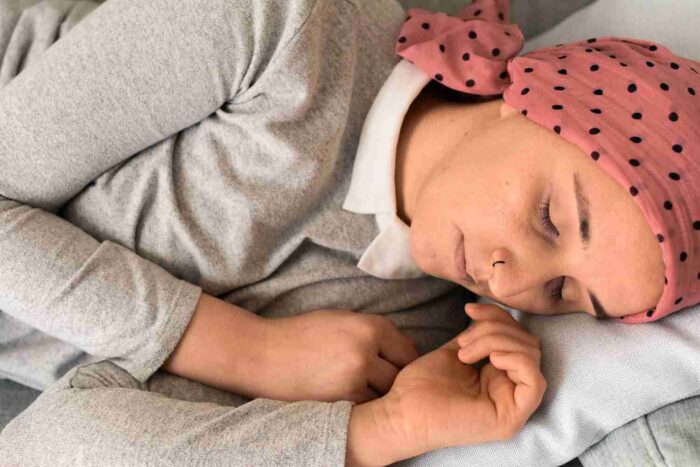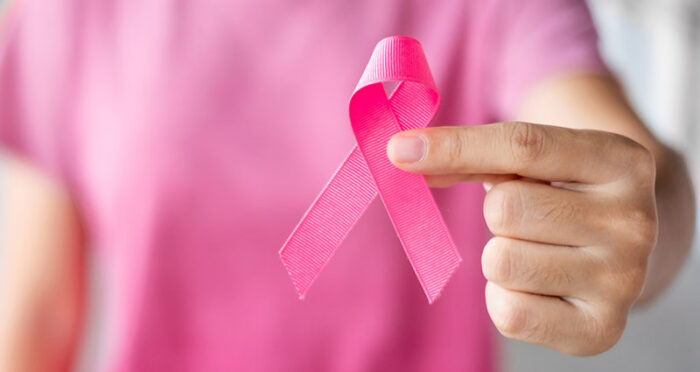Breast cancer is the most common type of cancer in women and can be fatal in most cases. Therefore, it is necessary to be aware of all the risk factors associated with it and how it can affect you. If you or any of your loved ones have been diagnosed with breast cancer, it is advised to take effective measures straight away.
Yes, it can be a life-altering experience, but taking the right measures at the right time will increase your chances of receiving the best care possible to fight off the disease. In this article, we are going to mention some of the most important things you can do after you’ve been diagnosed with breast cancer.
Read along to find practical advice to help you take control of the situation and move forward with hope.
Table of Contents
1. Understand Your Cancer Stage

One of the first things your doctor will tell you after being diagnosed with breast cancer is what stage you are on. This information will determine the extent of the disease and what treatment options you have got to treat it.
That’s why it is important to understand what that actually means and how you can move forward with the best care possible. Breast cancer is categorized into five stages, starting from stage 0 to stage 4. Stage 0 is considered non-invasive and can be treated easily.
On the other hand, stage 4 is an advanced case where cancer is already spread to other parts of the body, including the brain, lungs, or liver.
2. Learn About the Available Treatments
As mentioned above, the stage of your cancer will determine what type of treatment you can get to fight off the disease. Luckily, many types of treatments are available for breast cancer, and you can choose the right one based on your diagnosis and doctor’s instructions.
Surgery is one of the best options for this, which involves removing the tumor and nearby tissues to prevent cancer from spreading. However, after the surgery, you will have to undergo breast reconstruction to rebuild the shape of your breast.
Radiation therapy, chemotherapy, hormone therapy, and targeted therapy are some of the additional options you can consider. However, make sure to discuss your options with your healthcare team and make an informed decision about which type of treatment you should opt for.
3. Be Physically Active

Many people don’t pay heed to exercise and workouts, but it is the best possible thing you can do to minimize the risk of spreading cancer to other parts of your body. It can help you during recovery and improve your physical function and quality of life.
However, make sure to opt for light exercises that don’t involve lifting heavy weights and doing cardio for a long time. A morning walk or simple stretching and warming up can be enough to improve your condition.
In breast cancer conditions, yoga, walking, swimming, and resistance training can be the best exercises. So, start to get moving and stay active to improve your overall well-being.
4. Learn About Your Insurance Coverage
Breast cancer treatment can be expensive and take a toll on your budget. So, it’s best to learn about what your insurance policy covers and consider the treatment options depending on your insurance. In this case, your healthcare provider can be of great help.
They will help you navigate the system and consider treatment options that are in accordance with your insurance policy. If you have any further questions, you can always ask your insurance provider and get about your plan and help understand its benefits.
If you think your insurance provider will not provide accurate information, you can consult a patient advocate to get support, resources, and information to help you make informed decisions about your healthcare.
5. Maintain a Healthy Weight
A healthy weight is not only important for your overall health, but it is also important for women who have been diagnosed with breast cancer. If you are overweight or obese, it can increase the risk of breast cancer recurrence and will also affect the effectiveness of treatment.
The best way to do this is to eat a balanced diet that contains all the essential nutrients, including vitamins, proteins, and minerals. Also, make sure to stay active throughout the day and include some physical activity in your daily schedule.
If you are unable to do heavy exercises, just make sure you’re stretching and doing yoga. Moreover, consider consulting a dietician. They will help you develop a healthy eating plan that will meet your individual diet needs and preferences.
6. Get a Good Night’s Sleep

Breast cancer treatment can be physically and emotionally draining, and getting enough sleep can help you manage symptoms and cope with the stress of treatment. One benefit of getting quality sleep is that it boosts your immune function and helps your body fight off the infection.
Moreover, good sleep will improve your mood and help you feel more rested and energized. This will reduce your anxiety levels and help medicines to have a better effect on your condition.
The best way to achieve a good night’s sleep is to go to bed and wake up at the same time each day, even on weekends. You can also create a sleep-friendly environment to block out noise and light and help you have good sleep.
7. Avoid Alcohol and Tobacco
Alcohol and tobacco increase your risk of getting breast cancer recurrences, so it’s best to avoid these things once you have been diagnosed with the disease. Also, smoking can reduce the effectiveness of some treatments, and alcohol consumption can interfere with the metabolism of certain drugs.
Therefore, avoiding alcohol and tobacco can improve overall health and reduce the risk of other health conditions, such as heart disease and lung cancer.
If you are feeling difficulty avoiding these things, it is best to get support from your healthcare team. They can help you quit by providing nicotine replacement therapy and recommending some support groups.

